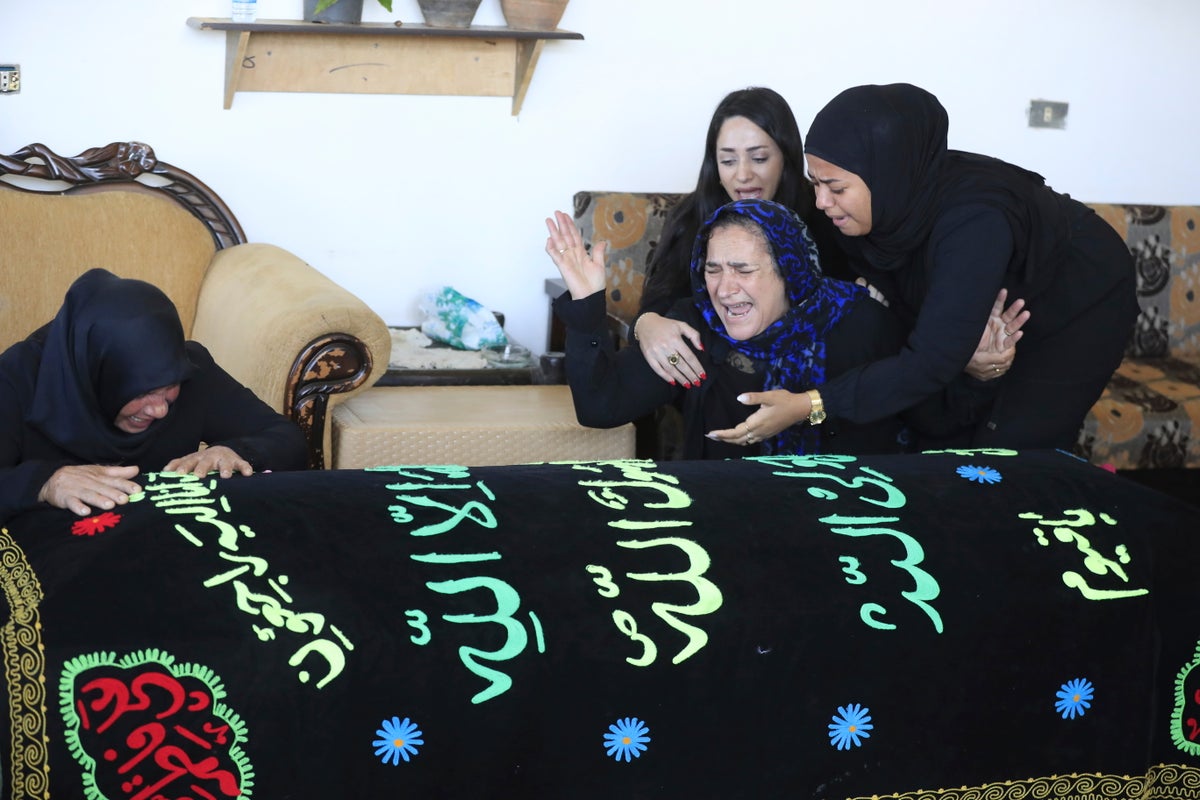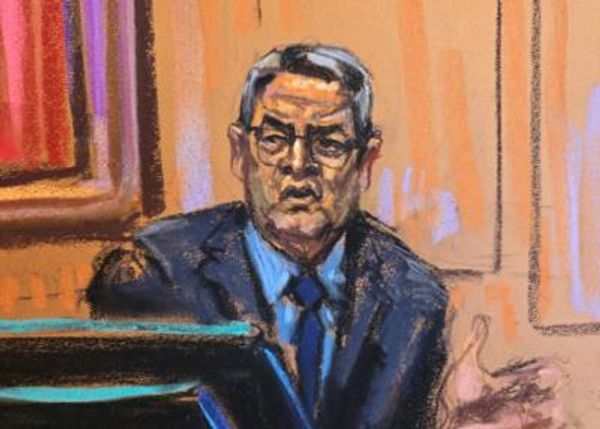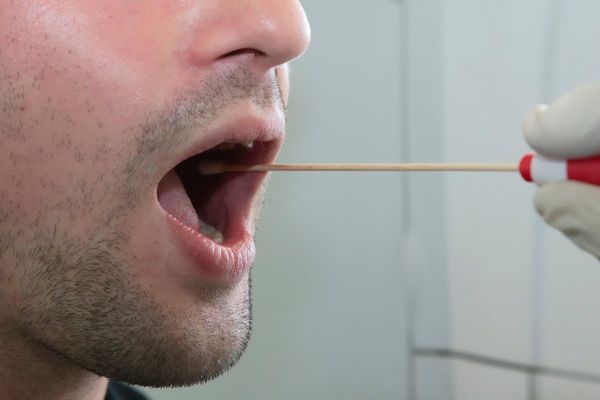
A Lebanese woman and her three granddaughters were laid to rest in their hometown in southern Lebanon on Tuesday, two days after they were killed in an Israeli drone strike that hit the car they were traveling in near the Lebanon-Israel border.
Hundreds of men and women marched before the four coffins, which were draped in black and white banners as they were carried through the streets of the village of Ainata. The coffins were later taken for burial in a cemetery in the nearby village of Blida.
Israeli troops and militants from Lebanon’s Hezbollah group and their allies have been clashing for a month along the border following the start of the Israel-Hamas war. The clashes have intensified since Israel launched a ground incursion into Gaza against Hamas, an ally of Hezbollah.
Large posters of Samira Abdul-Hussein Ayoub and her three granddaughters — Rimas Shor, 14; Talin Shor, 12; and Layan Shor, 10 — were displayed in the cemetery in the southeastern town of Blida. The three girls' mother, Hoda Hijazi, was wounded in the attack and is still undergoing treatment in a hospital.
Following the drone strike that killed the four, Hezbollah said its fighters fired rockets toward the northern Israeli town of Kiryat Shmona, killing one person.
Hezbollah officials have warned that if Israel kills Lebanese civilians, it will retaliate by attacking civilian targets.
“Protecting civilians is a main pillar of the rules of engagement with the enemy,” Hezbollah legislator Ali Fayad said during the funeral.
Israel considers the Iran-backed Shiite militant group its most serious immediate threat and estimates that Hezbollah has around 150,000 rockets and missiles aimed at Israel. The group also has different types of drones and surface-to-sea missiles.







